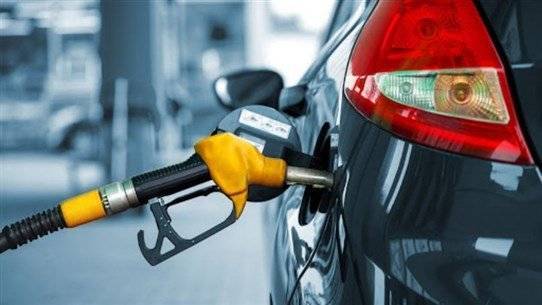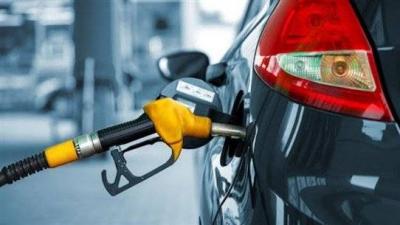Lines of cars have returned outside gas stations, and the black market has resumed its activities. However, this time it is not due to a shortage of gasoline, but rather the "dollarization of gasoline prices." Everyone is, in one way or another, seeking complete dollarization of gasoline prices.
While the Central Bank of Lebanon aims to gradually reduce the support percentage for gasoline imports (referring to the securing of dollars designated for importing gasoline through the Sayrafa platform) down to zero, oil importing companies along with gas stations are demanding full dollarization of gasoline prices in their meetings with sector officials to protect their profits amid fluctuating exchange rates of the dollar against the lira.
According to information, in recent hours, the Central Bank of Lebanon and the Ministry of Energy informed oil importing companies of the decision to reduce the support percentage on fuel at the beginning of the week to 55% via the Sayrafa platform and 45% at the black market price, down from 70% on Sayrafa and 30% at the black market price.
A source involved in the fuel file suggests that the Central Bank is likely to reduce support further in the next two weeks at the latest, aiming to completely stop support via the Sayrafa platform by next September. In other words, gasoline prices will be fully dollarized next month, and therefore the price of a canister will change with the dollar's black market rate.
It should be clarified that the price of a gasoline canister is subject to various factors, including the global oil barrel price, the local black market dollar price, transportation tariffs, and station commissions, among others. If we calculate the current complete gasoline price based on the black market dollar, it would be approximately $16 at minimum. This is based on the current oil barrel price of around $96 and the local black market dollar price of approximately 33,000 liras, considering the possibility of rising global oil prices and local dollar exchange rates.
Additionally, transportation fees, station commissions, and other costs, which are calculated in Lebanese lira, represent about 17% of the total price of the canister, while around 83% (82.96%) pertains to the goods' cost, calculated in dollars.
It is expected that the process of completely stopping support for gasoline will directly affect the black market exchange rate, which is likely to be influenced by the process of oil importing companies purchasing dollars from the market. According to figures compiled by oil importing companies, importing gasoline requires between $150 and $200 million monthly, or about $7 million daily if fully secured from the parallel market.
The "Supported" Fuel Price
On August 22, a new fuel pricing table was issued, reflecting the Central Bank's reduction in the supported dollar percentage from 70% to 55%, while the percentage of the dollar sourced from the black market increased from 30% to 45%. This is part of the Central Bank's policy to gradually lift gasoline support.
The pricing table also accounted for the increase in the Sayrafa platform dollar price, which rose 200 liras last Friday from 26,700 liras to 26,900 liras. The exchange rate of the dollar used in the table for the import of 45% of gasoline, diesel, and gas, calculated according to the black market price and which importing companies and stations must secure in cash, rose from 33,150 to 33,950 liras.
Accordingly, the price of a 95-octane gasoline canister increased by 16,000 liras to reach 591,000 liras due to the equation between the decline in the import price per kiloliter by approximately $6 and the effect of reducing the Sayrafa dollar percentage and increasing the black market dollar percentage, along with an increase of 800 liras, according to the explanation by George Brax, a member of the gas station owners’ union. The price of a 98-octane gasoline canister also rose by 16,000 liras to 604,000 liras. The diesel canister price increased by 7,000 liras to 697,000 liras, resulting from the unchanged price of the imported kiloliter in today's table and the rise of the dollar exchange rate in the parallel market by another 800 liras. The price of a gas cylinder has also increased by 7,000 liras, reaching 335,000 liras.
Gasoline Shortage in the Market
The reduction in the Central Bank's support percentage does not mean that the gasoline and diesel shortages in the markets have been resolved. Most gas stations remain closed to the public, while long lines of cars form outside the operational stations. The reasons for the shortages remain unchanged, as oil importing companies insist that the Central Bank pay their dues before distributing fuel to the markets, while the Central Bank insists on changing the procedure for supporting gasoline imports by settling the price of imported goods after they are sold, not before.
This reality has led fuel importing companies to suspend the distribution of diesel and gasoline, exacerbating the fuel shortage crisis and causing many gas stations to close along with shutting down several power generators due to running out of diesel fuel from their tanks.




